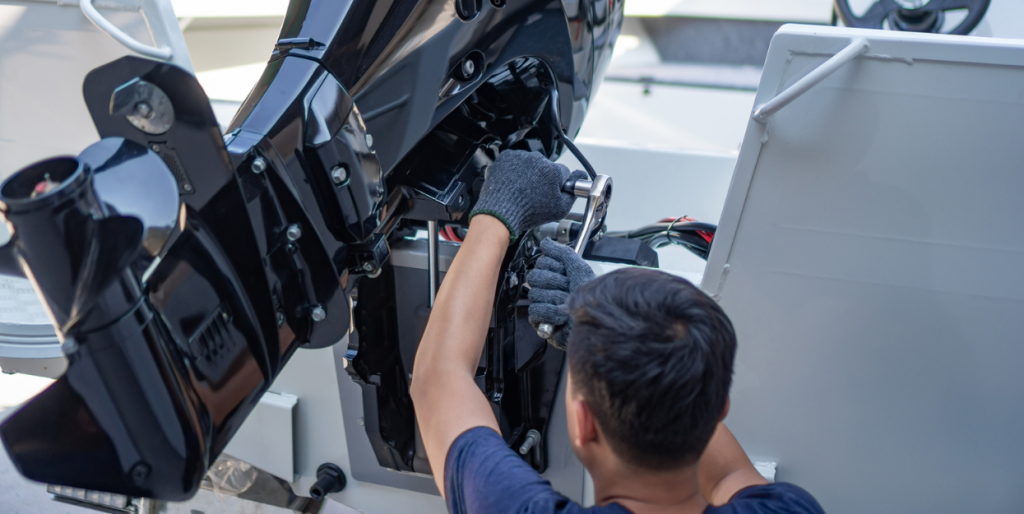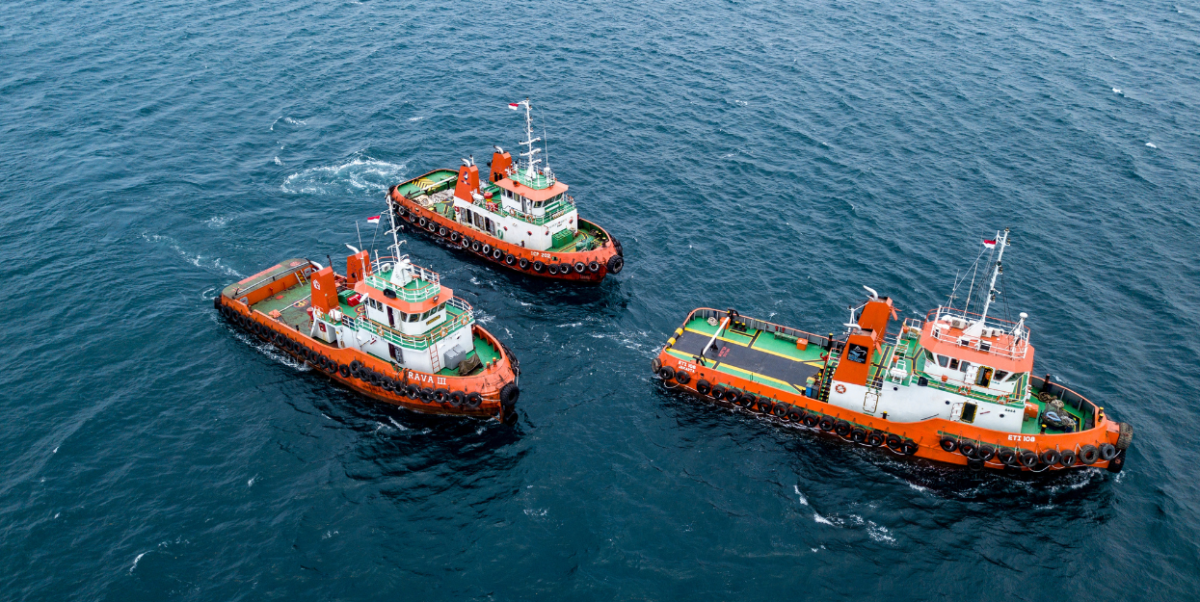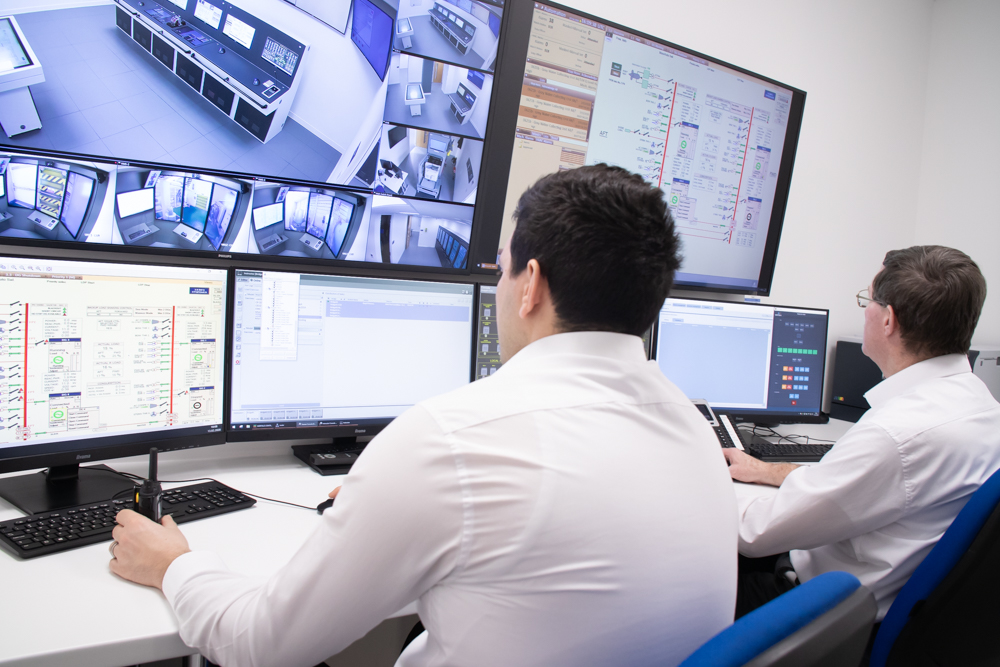As a maritime professional, it is important to be up-to-date with the latest safety regulations. The MCA Approved Engine Course 1 (AEC 1) provides the necessary training and certification needed to safely operate a vessel.
The AEC 1 course covers a variety of topics, including:
- basic engine maintenance
- fuel management
- safety procedures
- boat handling
- emergency procedures
In this article, we’ll be taking a closer look at the AEC 1 course and what it covers. We’ll also touch on how this certification can benefit your career as a maritime professional.
What Is the MCA Approved Engine Course 1?
So, what exactly is the MCA Approved Engine Course 1?
The AEC 1 is a professional course overseen by the Maritime and Coastguard Agency (MCA). The course is designed to provide students with the skills and knowledge needed to become certified engine mechanics.
The AEC 1 is module 6 in the of 7-module Approved Engine Certificate program, which
includes:
- Personal Survival Techniques
- Fire Prevention and Fire Fighting
- Elementary First Aid
- Personal Safety and Social Responsibilities
- Proficiency in Security Awareness
- Approved Engine Course 1 (AEC 1)
- Approved Engine Course 2 (AEC 2)
Completing all modules is required if you’d like to begin the Second Engineer (SV) Certificate.
What Does the MCA Approved Engine Course 1 Cover?
In simple terms, AEC 1 covers the basics of engine mechanics and will teach you how to
service and maintain engines. In pursuit of that, courses cover topics including:
- compression ignition engines
- two- and four-stroke operation cycles
- fuel systems
- cooling systems
- electrical systems
- lubrication technologies
- power transmission units
- hull fittings
- safety procedures
- fixed firefighting installations
As you can see, the course is quite comprehensive. It is important to note that the AEC 1 course is both practical and theoretical. Students will spend time in both the classroom and workshop in order to gain a well-rounded understanding of engine mechanics.
Note: You can read the MCA’s full-length course description here.

How Is the MCA Approved Engine Course 1 Delivered?
The AEC 1 course is only delivered in person due to the importance of the practical elements. To take the course, you’ll need to locate an MCA approved testing centre in your area and book a spot.
The length of the course varies depending on the provider, but most courses last 5 days.
The AEC 1 course is usually graded by a short assessment at the end of training.
What are the requirements for the MCA Approved Engine Course 1?
The MCA doesn’t have any strict prerequisites in place for the AEC 1 course, aside from a minimum age requirement of 18 years.
That said, many testing centres recommend taking the Royal Yachting Association (RYA) Diesel Engine Course if you don’t have any prior experience with engines. The RYA course will give you a good foundation of knowledge that will help you to succeed in the AEC 1 course.
Additionally, it’s worth pointing out that successfully completing the AEC 1 course is a condition for taking the AEC 2 course.
What are the benefits of getting AEC 1 Certified?
There are a few key benefits that come with getting your MCA Approved Engine Course 1 certification, including:
- Advanced Certification: The certification is required if you want to attain the Engineer Officer Certificate of Competency from the MCA. This is an important credential for anyone looking to pursue a career as a maritime professional.
- Greater Competency: The skills and knowledge you gain from taking the AEC 1 course will be valuable in your day-to-day work as a maritime professional. The course covers essential topics like engine maintenance, fuel management, and safety procedures—all of which are critical in ensuring the safe operation of a vessel.
- Differentiation: Having your AEC 1 certification can help you to stand out from other maritime professionals who don’t have the same level of training and experience. Of course, there are many other benefits to taking the AEC 1 course—these are just a few of the most notable.
Ready to Get Started?
If you’re interested in taking the MCA Approved Engine Course 1, the first step is to locate a testing centre near you. Once you’ve found a provider that offers the course, you can book your place and get started on your path to becoming a certified engine mechanic!
If you’re looking for an MCA approved testing centre in the Dover area, be sure to book your AEC 1 course here. We offer a variety of MCA approved courses, including the AEC 1, AEC 2, and more.
Contact us today to learn more!





